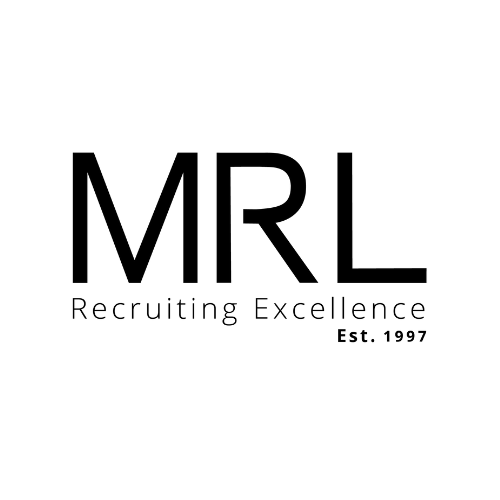Internal vs external recruitment
22 May, 20215 minutesHere, we look at the pros and cons of each type of hiring and outline questions to ask to he...

Here, we look at the pros and cons of each type of hiring and outline questions to ask to help you decide which approach would benefit your situation the most.
What is internal recruitment?
Internal recruitment involves advertising a new position within your current workforce. Those outside of the company are unaware of the vacancy and so cannot apply. This form of recruitment is best for companies who need the 'new hire' to hit the ground running using knowledge gained from experience within the company.
What are the pros and cons of internal recruitment?
|
Advantages of internal recruitment |
Disadvantages of internal recruitment |
|
It is a more cost-effective solution as less time and budget is required to advertise a position internally. |
Internal candidates may not be as open to reviewing and changing practices as external hires. |
|
Less time is required to train an internal hire, as they will already possess operational knowledge. |
There is a smaller group of applicants to select from. |
|
Employee morale is improved as the successful candidate, and those around them see progression opportunities. |
You may have to recruit for the role the candidate is moving out of to fill this particular vacancy. |
|
Similarly, employee turnover is reduced as candidates see that progression is available. |
If you rely solely on internal recruitment, the culture may become stagnated. |
What is external recruitment?
External recruitment refers to a job that is advertised to individuals who aren't currently working within the company. This is useful when there is a talent or knowledge gap within the organisation or when employees are too close to the project and ideas stagnate.
What are the pros and cons of external recruitment?
|
Advantages of external recruitment |
Disadvantages of external recruitment |
|
External hires bring fresh experiences and new ideas to the table, helping to shake things up. |
The associated costs of advertising externally are higher. |
|
The newest member of the team may inadvertently create lively competition amongst other team members. |
Internal candidates may feel pushed out of the application process and feel resentment. |
|
There is a larger pool of candidates who may have more experience than the internal team. |
There is an increased potential of hiring the wrong candidate. |
|
An external hire may bring with them knowledge of the inner workings of other companies. |
Internal employees may feel pushed out of the application process and feel resentment. |
How to decide between internal and external recruitment
As with all recruitment, there is no one-size-fits-all approach for choosing which hiring road to travel. When a talent or knowledge gap is brought to your attention, there are simple questions you can ask to ascertain which employment route to take.
-
Is there potential for internal hiring?
This is a critical question. Speak with department heads to ascertain if they know of any current employees who are suitable or would be with on-the-job training for the position you need to fill. If they struggle to come up with names, then it is best to look towards hiring externally. Trying to shoehorn an employee into a position that they are not ready for or perhaps aren't interested in may result in you having to hire two new positions instead of one.
-
What budget is available?
If there aren't many funds available for hiring, the best approach may be to upskill a current employee. This may still leave a gap that needs to be filled, but this will cost less in all likelihood. Additionally, tweaking an older job advert takes less time than creating an entirely new one. Likewise, you may not have to pay a promoted individual as much as if you were to recruit an external candidate.
-
What is the recruitment timeframe?
If a role needs to be filled as soon as possible, the best choice would be to hire internally. Promoting someone from within means that less onboarding is required, although they may need to undertake additional training, which is an important consideration to make.
Alternatively, if time is not an issue, you may want to go through the process of hiring a recruitment agency, creating a job advert and description, advertising the position and selling your company to an external candidate.
These may be simple questions, but the answers provide a wealth of information that you can use to decide which hiring method is best for the role you are currently trying to fill.
Remember that a company doesn't necessarily have to choose one over the other. It is perfectly acceptable to advertise a role both internally and externally. While this may be more costly and time-consuming in the short term, the long term benefits of finding the right person for the position wherever they may be are much higher.





